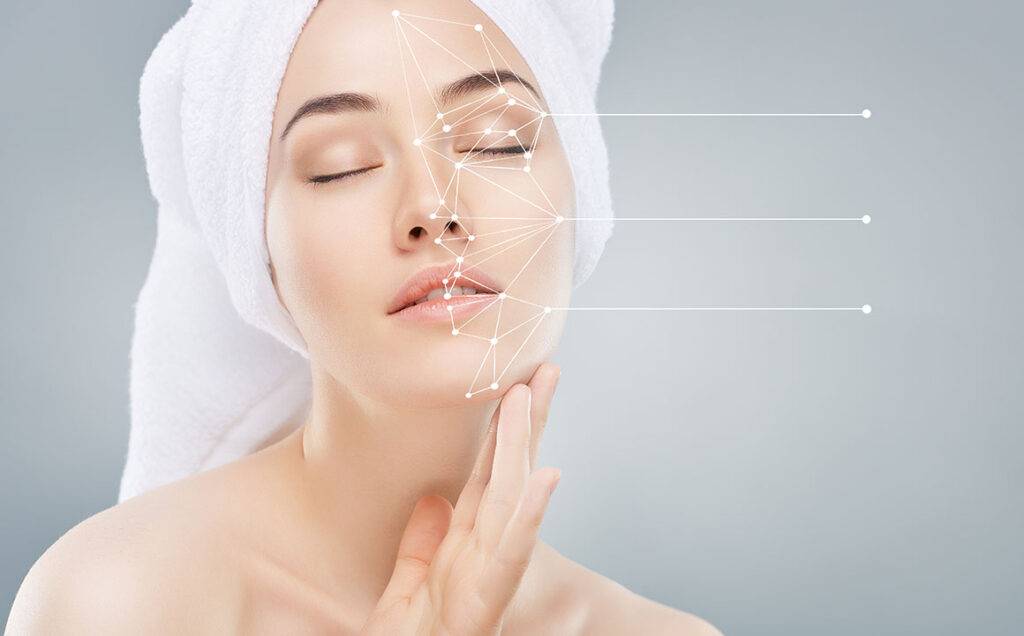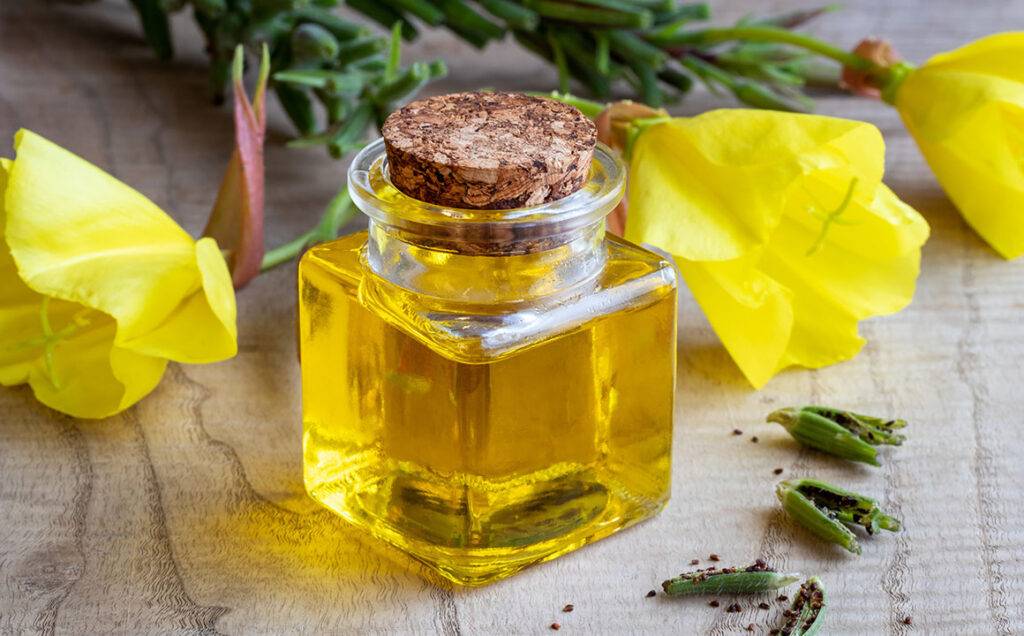Acne is a common skin condition affecting millions worldwide. And if you’re someone who has struggled with it yourself, you know how much damage it can do to your self esteem. In the quest for effective natural remedies, Evening Primrose Oil has been getting more and more attention as a possible solution. This natural oil comes from the Evening Primrose plant’s seed. And it has been linked to numerous health benefits due to its high content of gamma-linolenic acid (GLA). That’s why we decided to go into the scientific evidence to explore whether Evening Primrose Oil truly lives up to its reputation. But also to answer one crucial question: Is it really worth adding into your routine?
How does it work?
Before examining the potential benefits of Evening Primrose Oil, it is essential to understand acne’s underlying causes. Acne is primarily the result of an overproduction of sebum. This is an oily substance that clogs pores and fosters the growth of bacteria. Inflammatory responses also play a role in acne development. While some cases of acne may be mild and transient, others can be chronic and severe. Which, of course, impacts out self-esteem and quality of life.
Evening Primrose Oil contains a notable concentration of GLA, an omega-6 fatty acid. GLA is a precursor to prostaglandins, hormone-like compounds that regulate various bodily functions, including inflammation and skin health. Some proponents suggest that increasing GLA intake may help alleviate acne symptoms by regulating sebum production and reducing inflammation.
Scientific Evidence
While the idea of Evening Primrose Oil benefiting acne-prone skin sounds promising, the scientific evidence supporting this claim remains inconclusive. Limited research has been conducted on its direct effects on acne, and the results have been mixed. Some studies have reported slight improvements in acne severity and skin hydration after supplementing with Evening Primrose. On the other hand, others have shown no significant difference compared to a placebo.
The effectiveness of Evening Primrose Oil for acne treatment may depend on various factors, such as the individual’s skin type, the severity of acne, and the overall dietary and skincare regimen. Additionally, the form and concentration of Evening Primrose Oil used can influence its potential impact. It is crucial to consult with a dermatologist or healthcare professional before using any new supplement to address acne concerns.

Using Evening Primrose Oil
As with many skincare concerns, a holistic approach may yield the best results. Combining Evening Primrose Oil with other evidence-based acne treatments, such as topical retinoids or benzoyl peroxide, along with a healthy diet and proper skincare routine, may offer a more comprehensive strategy for managing acne.
While Evening Primrose Oil is generally considered safe for most individuals when taken orally or used topically, some people may experience mild side effects, such as stomach discomfort, headaches, or skin irritation. Pregnant women and individuals with certain medical conditions should exercise caution and consult a healthcare professional before using Evening Primrose Oil.

